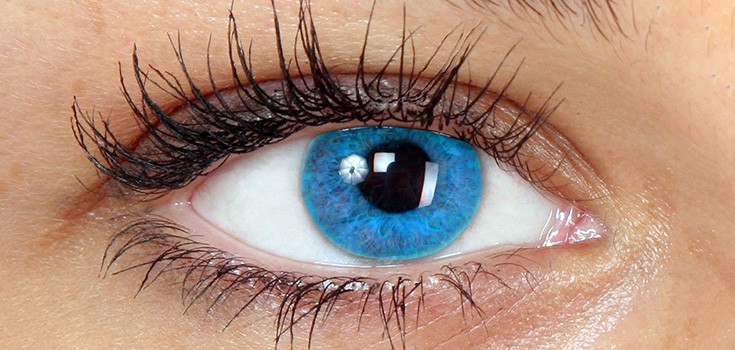Omega-3 Fats, Antioxidants, and More for a Macular Degeneration Diet

Age-related macular degeneration (AMD) is the leading cause of blindness in older adults. To-date, there is no revealed treatment that can reverse the damage done by this disease, but certain dietary tips can help to reduce or delay the chances of serious vision loss. Instead, we are left looking at preventative measures, and fortunately something as simple as creating a macular degeneration diet rich of fish, antioxidants, and key vitamins and minerals can stave off the disease.
Omega 3’s for AMD
According to a study published in the Archives of Ophthalmology, women who get the most omega-3 fatty acids in their diet are the least likely to develop AMD.
Researchers analyzed the diets of over 38,000 women, of which 235 developed AMD over a 10-year period. What they found, was that the risk of AMD was reduced by 38% in women with the top consumption of DHA (omega-3) consumption. For women in the top EPA (another omega-3) consumption, the risk was cut by 34%.
Researchers caution that the findings were done strictly by observation and not an actual experiment. This means that those women getting more omega-3s could just have been healthier overall, and that the fats had no direct related to the reduced risk of AMD. However, they do admit that increasing omega-3 consumption could be beneficial.
Other Key Dietary Tips for Preventing Macular Degeneration & Protecting Vision
In addition to consuming omega-3’s, there are a number of other key vitamins for promoting and protecting vision. Most notably, antioxidants lutein and zeaxanthin have been repeatedly shown to protect against vision loss, and slow the progression of dry macular degeneration. The antioxidants could also help improve visual acuity.
In other research conducted by the National Institutes of Health (NHS) and the National Eye Institute (NIH), dietary supplements containing large amounts of antioxidants and zinc were able to significantly benefits those with moderate and advanced age-related macular degeneration. The study, called the AREDS (age-related eye disease study), was conducted in 2001 and was allegedly the first proving the progression of AMD can be naturally halted through dietary changes.
The research also pointed to vitamin A, C, and E for helping to prevent or slow the progression of dry macular degeneration – so these should also be included in a macular degeneration diet.
AMD is caused by the growth of blood vessels behind the retina or by the breakdown of “light-sensitive cells within the retina.” We already know smoking can lead to AMD, so in addition to ingesting foods for a macular degeneration diet, quitting smoking is a surefire way to prevent AMD.
Brief Overview of what to Include in a Macular Degeneration Diet:
Containing many of the eye-enhancing vitamins, here are foods for healthy eyes.
- Omega-3 fats – Salmon, sardines, walnuts, and flax seeds. Consider a quality omega-3 supplement.
- Lutein and Zeaxanthin – Carrots, eggs, tomatoes, blueberries, zucchini, collard greens, kale, broccoli, Brussel sprouts, and spinach.
- Beta Carotene (vitamin A) – Apricots, carrots, kale, spinach, collard greens, thyme, broccoli, and sweet potatoes.
- Other eye-health practices – Exercise your eyes, rest your eyes properly, and monitor your environment. Learn more on how to improve your eyesight and protect your vision.
Additional Sources:

Great tips on what constitutes a macular degeneration diet. My husband is at high risk for developing AMD and along with the above advice we also include organic goji berries and organic goji berry juice. These nutrient rich berries include a powerful antioxidant called zeaxanthin. Zeaxanthin is one of two carotenoids found in the macular pigment.